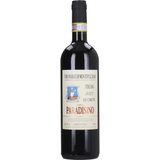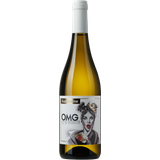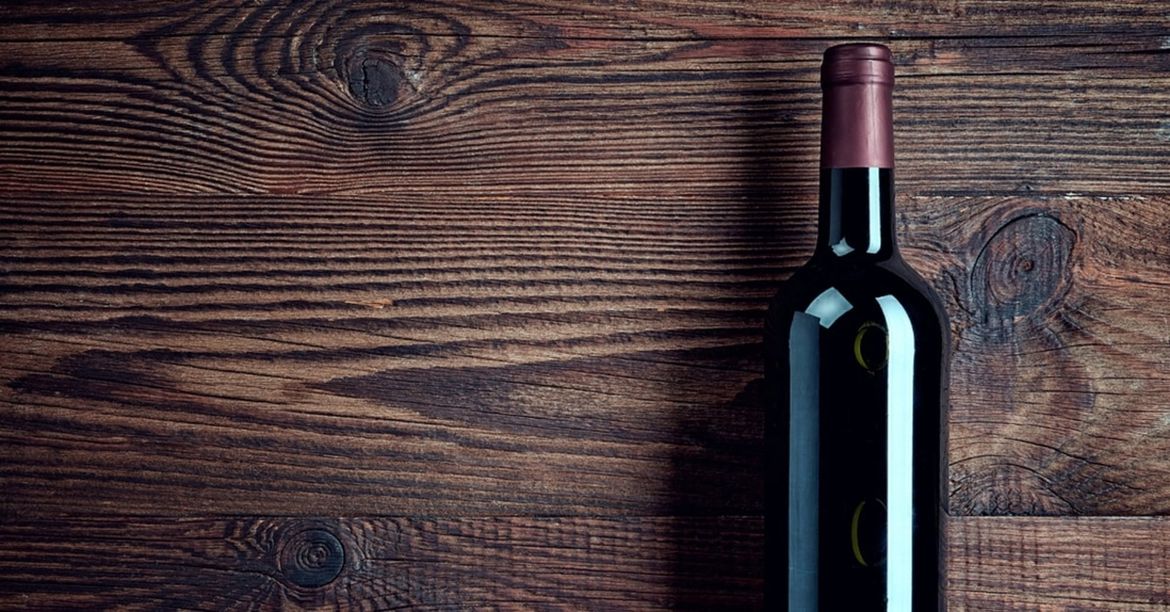Wine Without Sulphites - Facts For Wine Connoisseurs And Anyone Who Wants To Become One
Are you curious to try wine without sulphites? Most allergy sufferers know sulphites are salts used in the food industry as preservatives. Though they're more common in dried fruit than wine, we know people worry about them in alcohol, so we've researched this topic and clarified it below.
Why are sulphites used in wine?
Sulphites play an important role as preservatives and ensure that wine has a longer shelf life. Since great wines gain character and develop deeper aromas over time, ageing potential is very important. Red wines with a high tannin content and fine acidity, such as Brunello and Barolo, and sometimes Chianti with its somewhat more subtle tannin structure, benefit from storage. Without sulphites, these wines would oxidise and the flavours would be destroyed. Sulphites also prevent secondary fermentation; without them, wines with a high residual sugar content would continue to ferment. Not a reaction desired by either winemakers or us connoisseurs!
Origins of Sulphites in Wine: The Dutch Seafarers
As early as the 17th century, the Dutch were using sulphites to preserve their wine. At that time, sea voyages took many months. Wine often spoiled in barrels on ships and so reached its destination after a long voyage completely sour from bacteria turning good wine into acetic acid. To prevent this from happening, merchants hung a wick of sulphur in the barrel and burned it before the wine was poured in. Thus, they had a simple solution for preserving wine.
Does wine without sulphites exist?
Grapes naturally contain small amounts of sulphites. However, this sulphur is usually below 10mg per litre and therefore need not be labelled as such. Fermentation yeasts also develop sulphur compounds, which remain in the wine in very small quantities.
Sulphuric acid is often added to wine in the production process to prevent spoilage. Without sulphur, it's difficult to predict which bacteria will be present and which reactions they will cause. The addition of sulphuric acid ensures that the winegrowers' work is not ruined, especially for wines that have a minimum storage period of at least two years. It would be tragic for the producers and sales channels if the contents of individual bottles spoiled during transport and storage in the shop. Sulphuric acid therefore protects wine from spoiling.
More information about wine without sulphites:
- White wine generally contains fewer sulphites than red wine.
- Organic wines are often closed with a screw cap instead of a cork to guarantee an airtight seal.
- With this Stelvin closure, the wine can be stored for up to three years.
- Professionally produced wine without sulphites has a clear fruity taste.
- People with allergies tolerate wine without sulphites better.
- Differences exist between bio-dynamic and conventional cultivation.
- There is currently a big debate about the taste of wine without sulphites.
- Consumers of organic products are happy to buy wine without sulphites.
Wine without sulphites | Pay attention to the labelling!
As an increasing number of winegrowers decide to work organically or biodynamically, more and more wines without added sulphites are coming onto the market. Many winegrowers do not want to add any unnecessary preservatives to an otherwise organic end product. Organically grown wines have a very good reputation because spoilage from bacteria is greatly reduced by the growing process. Meticulous work in the vineyard is continued in the wine cellar with careful bottling.
Basically, more than 90 percent of all wines contain added sulphites. This is made clear on the label. Wine without (added) sulphites is also usually labelled. Browse our online shop, check the labels and enjoy!
Latest reviews
-
 4.0 (1)
4.0 (1)Pasqua Desire Lush &Zin, Primitivo Puglia IGP 2024, 0,75 L
- Intensely fruity red wine from Apulia
- Dark, powerful, with some residual sweetness
- Great companion for pizzas & burgers
€ 12,99 (€ 17,32 / L)Delivery by December 29
-
-
 4.0 (1)
4.0 (1)Podere Paradisino Le Crete Vino Nobile di Montepulciano 2022 DOCG, 0,75 L
- Traditional ageing over 24 months in wood
- Pure Sangiovese from Prugnolo-Gentile grapes
- Red berries, fine herbal spice and vibrant acidity
€ 20,99 (€ 27,99 / L)Delivery by December 29
-
-
 3.7 (9)
3.7 (9)Superwine OMG it's white, organic , 0,75 L
- 100% organic pecorino from Abruzzo, Italy
- Light, fruity and very accessible
- Elicits an "Oh my God" reaction
€ 9,99 (€ 13,32 / L)Delivery by December 29
-
-
 3.3 (8)
3.3 (8)Gut Böheim Weissburgunder Carnuntum DAC 2022, 0,75 L
-35%- Dry, medium-bodied white wine
- Matured in steel tanks and 20% in wooden barrels
- Universal food companion
€ 8,11 € 12,49 (€ 10,81 / L)Delivery by December 29
-
Magazine Articles:
Discover 9wines Online:
-
Austria: Free standard delivery from € 49,90
-
We operate in a
climate-conscious manner. -
Free
returns Secure payments
with SSL encryption technology






